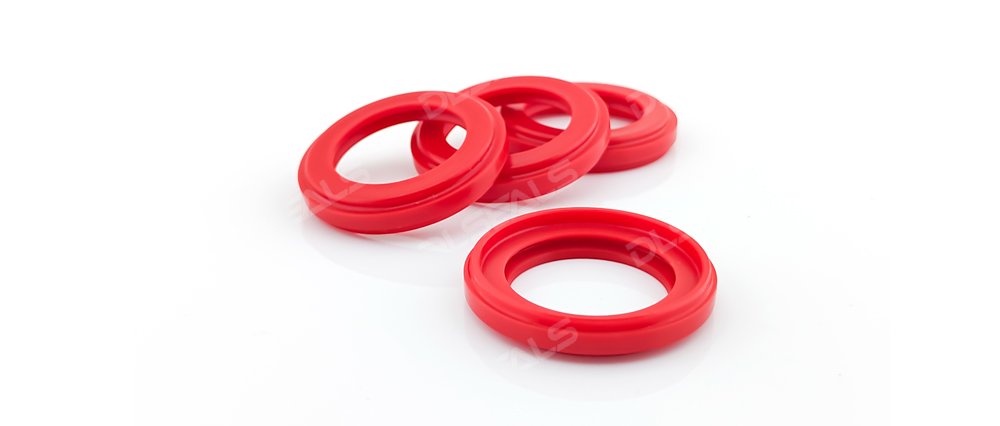In the realm of industrial machinery, every component plays a crucial role in ensuring optimal performance and longevity. Among these components, rubber seals stand out as indispensable assets, offering a multitude of advantages that contribute to maximizing efficiency. From preventing leakage to reducing friction, rubber seals play a pivotal role in enhancing machinery operations across various industries.
One of the primary benefits of rubber seals lies in their ability to provide a reliable barrier against fluid and gas leakage. Whether in hydraulic systems, automotive engines, or manufacturing equipment, maintaining the integrity of seals is essential for preventing costly leaks that can lead to equipment damage and downtime. Rubber seals, with their flexibility and resilience, form tight seals that effectively contain fluids and gases, thereby safeguarding machinery and preserving operational continuity.
Moreover, rubber seals exhibit exceptional durability and resistance to wear and tear, making them ideal for demanding industrial environments. Their resilience to harsh conditions, including temperature fluctuations, chemical exposure, and mechanical stress, ensures prolonged service life and minimal maintenance requirements. By withstanding the rigors of daily operation, rubber seals contribute to reducing downtime and maintenance costs, enhancing overall operational efficiency.
In addition to their sealing capabilities, rubber seals also play a crucial role in minimizing friction within machinery components. Friction is a common source of energy loss and component wear, leading to decreased efficiency and increased operating expenses. By providing a smooth interface between moving parts, rubber seals help to reduce frictional forces, thereby optimizing energy efficiency and prolonging the lifespan of mechanical components.
Furthermore, rubber seals offer versatility in design and application, accommodating a wide range of machinery requirements. Whether for static seals, dynamic seals, or specialized applications such as high-pressure or high-temperature environments, rubber seals can be tailored to meet specific performance criteria. This adaptability makes rubber seals a preferred choice for engineers and designers seeking reliable sealing solutions for diverse machinery applications.
In conclusion, the advantages of rubber seals in machinery are manifold, encompassing leak prevention, durability, friction reduction, and versatility. By incorporating high-quality rubber seals into industrial equipment, manufacturers can enhance operational efficiency, reduce maintenance costs, and prolong the lifespan of machinery components. As technology advances and industrial demands evolve, rubber seals remain indispensable components that continue to play a vital role in maximizing efficiency across various sectors.
Post time: Jun-12-2024

